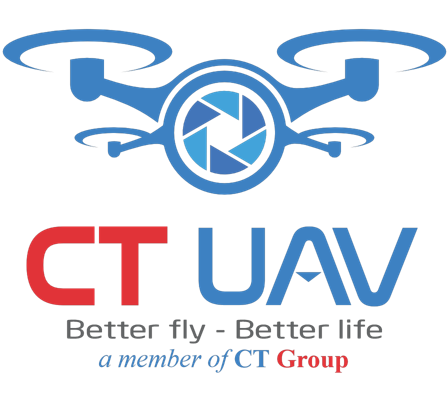Ho Chi Minh City is implementing a controlled pilot testing policy focusing on unmanned aerial vehicles (UAVs). This initiative represents a significant step toward fostering innovation while providing opportunities for organizations and businesses to research and apply new technologies in a transparent and equitable manner. The policy is based on a clear legal framework, including Decree 36/2008/ND-CP, which governs the management of UAVs and ultralight aircraft, detailing flight operations, licensing, and management procedures. Additionally, Decision 18/2020/QD-TTg establishes no-fly and restricted flight zones, including areas such as national defense facilities, government offices, and airspace above 120 meters.
In Ho Chi Minh City, UAVs are being applied across several key fields, including urban order monitoring and traffic management. For example, in Thu Duc City, UAVs are used to inspect transportation infrastructure and provide detailed data to propose effective traffic solutions. Furthermore, UAV trials focus on collecting traffic flow data, identifying congestion points, and detecting traffic accidents. Specific technical requirements have also been established to ensure safety, including a maximum UAV wingspan of 1.57 meters, a takeoff weight limit of 70 kilograms, a maximum flight speed of 100 kilometers per hour, and an altitude ceiling of 200 meters.
To support these trials, HCMC offers incentives related to infrastructure at the Saigon Hi-Tech Park (SHTP). Participating organizations gain access to modern facilities and are exempted from city-level permits, reducing administrative barriers and encouraging innovation. Additionally, businesses are supported in registering intellectual property rights for patents, industrial designs, and trademarks.
This pilot testing policy demonstrates HCMC’s commitment to advancing high-tech development and positioning the city as a national hub for innovation and technological progress.
Cre: Tuoitre, Thuvienphapluat

